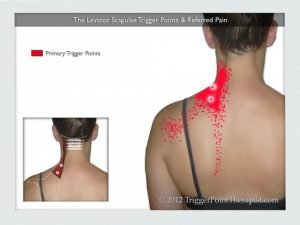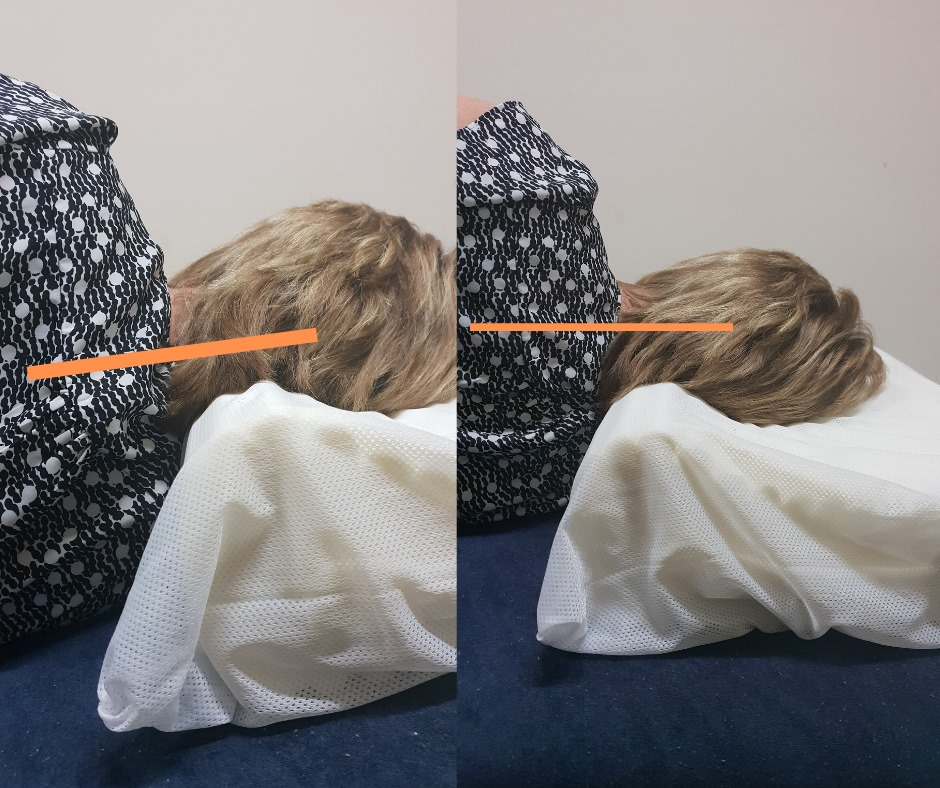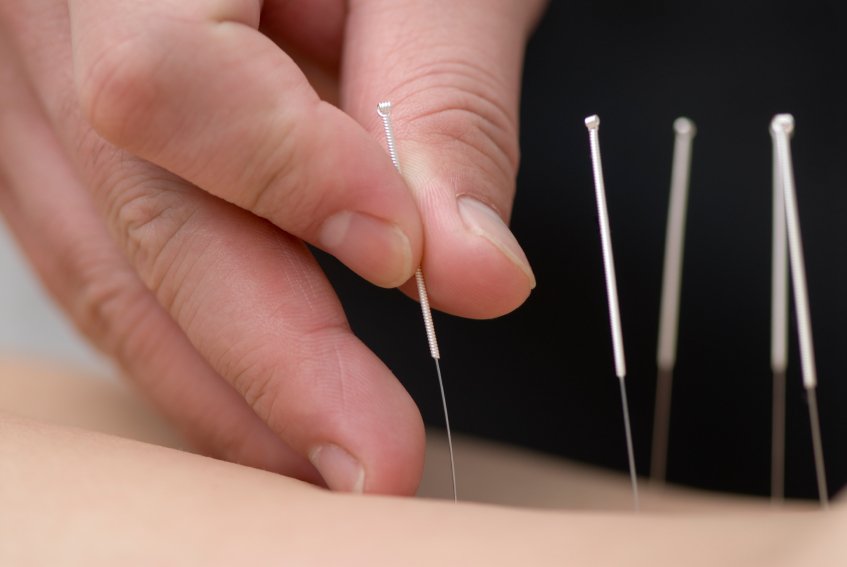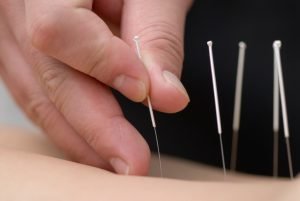Levator Scapulae Muscle
The Levator scapulae usually called lev scap is a muscle that often causes pain, discomfort, and dysfunction in the upper body. It can create pain and dysfunction associated with the shoulder, but it can also create pain and significant dysfunction associated with the cervical spine (neck area), we often see headaches significantly associated with this muscle.
Frequent symptoms of this muscle include:
-chronic tightness creating a strong pulling sensation, the muscle to become overactivated and shortened
– neck pain which could extend to the head causing a headache
– pain and restricted range of motion in neck or shoulders
– deep, aching pain
– referring pain in neck and shoulder area
– increase in muscle tone and trigger points
These symptoms effect the scapula’s position and the movements of your cervical spine, this is due to where the muscles attachment sites are as the muscle originates from the cervical spine (neck) and inserts into the medial border of the scapula ( shoulder blade) .
One of the muscles roles is to keep your shoulder blade in an optimal position that supports an upright alignment of your neck and head. Also attempts to avoid postures including forward head posture, which is when your head is in a poor neck posture positioning your head to far forward.
Myofascial trigger points (muscle knot, or a feeling of pain/ restriction in muscle belly) occur frequently in the lev scap muscle. When the trigger points are active this can create stiffness in the neck, and rotation to the same side will be painful due to the muscle contracting.
Common movements/ factors that aggravate and can cause the lev scap discomfort includes:
– Carrying a bag on your shoulder for extended periods
– Sleeping with the muscle in a shortened position / sleeping in awkward straining positions for the neck muscles
– Movements involved in performing a sport
– Continual head/ neck movements at work particularly office workers
– Poor posture
– stress
We see the lev scap muscle being one of the most common muscles that is causing neck and shoulder pain and dysfunction. Getting some treatment on this muscle as well as associated muscles can help reduce the muscular tension/ stress on this muscle and some simple things we can do to stop this muscle from continual discomfort includes :
– Regular stretching and the correct stretches that will stretch the lev scap muscle effectively
– Appropriate strengthening exercises
– Postural correction exercises and awareness
These are simple things we can integrate into our daily life to increase our physical function of our upper body and our niggling neck aches and pains.












